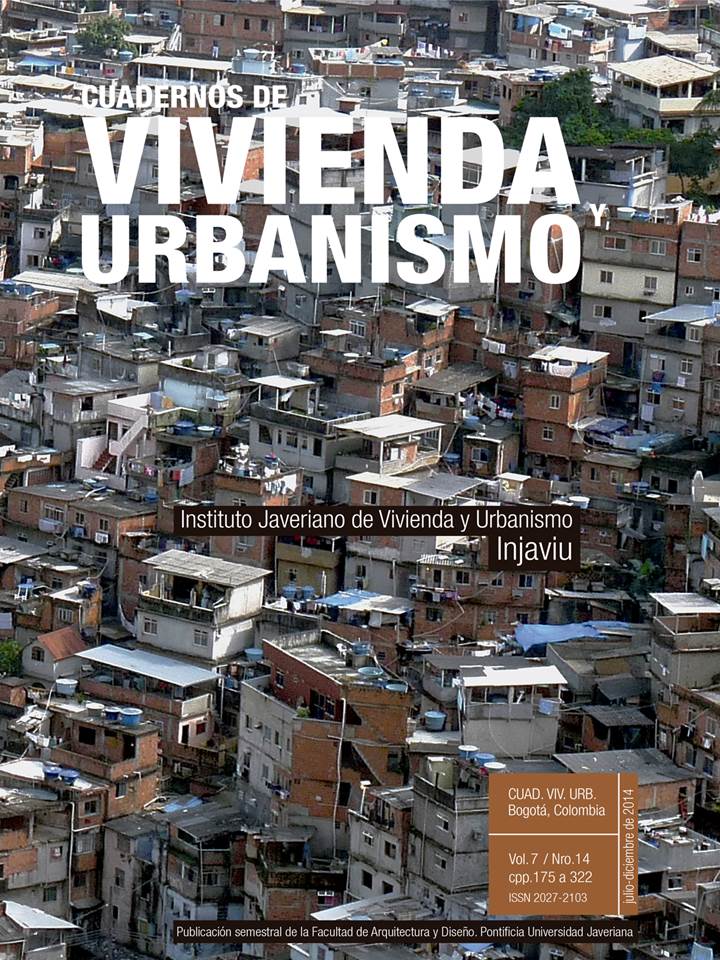Abstract
Latin American housing policies, installed at mid-twentieth century promoted by theWelfare State, outlined “activation of constructive offer” strategies to attend the massivedemands of urbanization and industrialization. This model of direct public interventiondidn’t achieve sustainability evolving to models of “demand activation”, displacingthe motor agent to the financial system and the market. Both models reinforce sectorialperspective linked to economic growth than social inclusion. Argentina has kept the followinginitial guidance. Fonavi’s System and Federal Housing Policy operates today as apolitical-technical tool of governance and economic recovery facing recurrent socio-economiccrisis. Facing a housing deficit that persists, the article questions about the desirabilityof sustaining current directions and identifies the dilemmas and challenges presentsfrom a rights approach.This journal is registered under a Creative Commons Attribution 4.0 International Public License. Thus, this work may be reproduced, distributed, and publicly shared in digital format, as long as the names of the authors and Pontificia Universidad Javeriana are acknowledged. Others are allowed to quote, adapt, transform, auto-archive, republish, and create based on this material, for any purpose (even commercial ones), provided the authorship is duly acknowledged, a link to the original work is provided, and it is specified if changes have been made. Pontificia Universidad Javeriana does not hold the rights of published works and the authors are solely responsible for the contents of their works; they keep the moral, intellectual, privacy, and publicity rights.
Approving the intervention of the work (review, copy-editing, translation, layout) and the following outreach, are granted through an use license and not through an assignment of rights. This means the journal and Pontificia Universidad Javeriana cannot be held responsible for any ethical malpractice by the authors. As a consequence of the protection granted by the use license, the journal is not required to publish recantations or modify information already published, unless the errata stems from the editorial management process. Publishing contents in this journal does not generate royalties for contributors.


